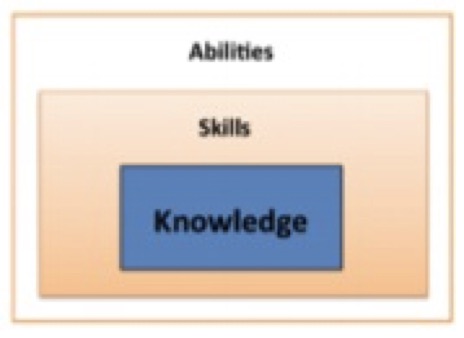
IPMA’s new flagship standard, the ICB4, was launched in September 2015 at the World Congress in Panama. The standard, named the Individual Competence Baseline, version 4, brings together an expanded set of competence elements that will support a wide range of audiences and uses.
IPMA’s goal with the ICB4 is simple – enrich and improve the individual’s competence in project, portfolio, and programme management; provide an inventory of competences that, if fully realized, represent complete mastery of the Project Management discipline. Projects, programmes, and portfolios are at the forefront of change in the world today. These domains drive the development of new products and services, investments and expansion, capabilities, the implementation of new strategies and a new generation of infrastructure. We recognize that projects begin and end with people, and that competent execution is at heart of every successful project.

There are many definitions of the term ‘competence’ around the world.
The ICB4 presents a plain-English definition that is widely accepted by professionals, and is intended to be recognizable and readily understandable. This definition is not intended to minimize or supersede any other definition, but rather to provide a guidepost to the individual seeking improvement.
Individual competence is the application of knowledge, skills and abilities in order to achieve the desired results.
- Knowledge is the collection of information and experience that an individual possesses. For example, understanding the concept of a Bar Chart might be considered knowledge.
- Skills are specific technical capabilities that enable an individual to perform a task. For example, being able to build a Bar Chart might be considered a skill.
- Ability is the effective delivery of knowledge and skills in a given context. For example, being able to devise and successfully manage a project schedule might be considered ability.
These three terms are related in that having a skill presupposes some relevant knowledge, and that ability presupposes relevant skills and knowledge, but adds to that the use of these in practice, in the right manner on the right time.
 What about Experience? Experience plays a significant, though indirect, role in competence. Experience is the medium through which competence (knowledge, skills and abilities) are manifested. The IPMA definition of competence does not include experience because experience does not correlate directly to competence. Experience can be both a precursor to, and the result of, competence. As a standard for competence, the ICB4 addresses those factors that are directly correlated to competence.
What about Experience? Experience plays a significant, though indirect, role in competence. Experience is the medium through which competence (knowledge, skills and abilities) are manifested. The IPMA definition of competence does not include experience because experience does not correlate directly to competence. Experience can be both a precursor to, and the result of, competence. As a standard for competence, the ICB4 addresses those factors that are directly correlated to competence.
The ICB4 contains three areas of competence that form the so called Eye of Competence. These areas apply equally to all three domains (project, programme and portfolio management). The three Competence Areas are:
- Contextual competence elements describe the methods, tools and techniques for how individuals interact with the environment, as well as the rationale that lead people, organizations and societies to start and support these initiatives.
- Personal and Social competence elements describe attributes of the individual required to be able to successfully participate in, or lead an initiative.
- Technical competence elements describe specific methods, tools and techniques used in initiatives to realize project, programme or portfolio success



